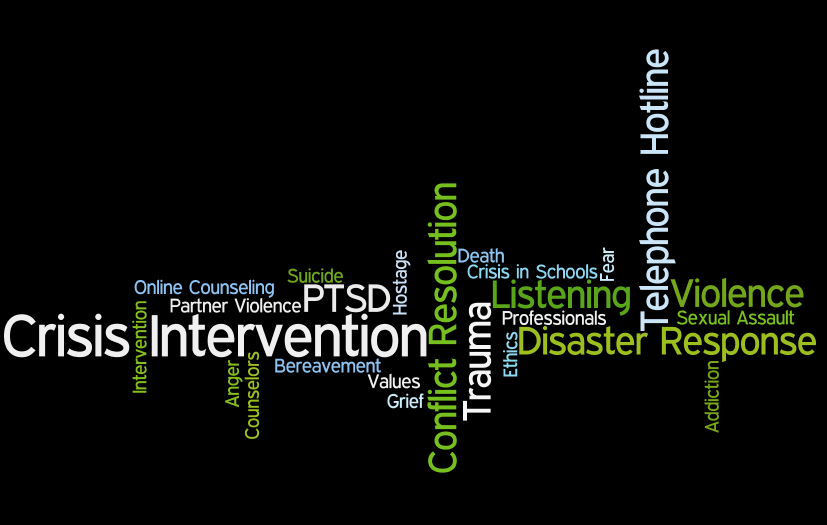
Experiencing Crisis and/or Trauma
When a distressing event comes at you unexpectedly whether at work, in your home life, or in your community, you may not have the time to decompress from one distressing situation after another, it takes a toll on your nervous system. You may find yourself experiencing the following:
- Being in a constant state of agitation and unable to relax.
- Difficulty turning off pictures, smells, sounds, thoughts, or emotions related to the event (e.g., the sounds of screams, the smell of fire or smoke, cycling thoughts of “I should have done something” or “If only…”).
- Avoiding reminders of the situation.
- You’d like to be able to return to life as it was but you just can’t shake off the memory/memories of what’s occurred. It’s difficult to get through the day and you’re seeking relief.
You’d like to be able to return to life as it was but you just can’t shake off the memory/memories of what’s occurred. It’s difficult to get through the day and you’re seeking relief.


